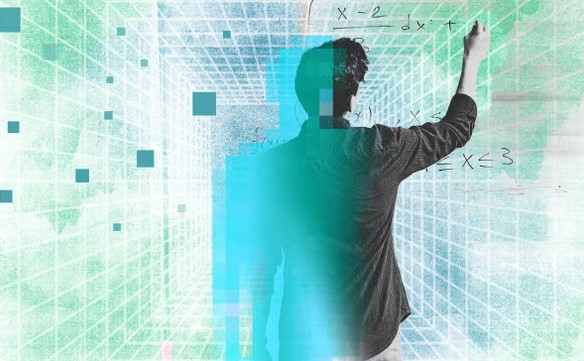Recent advances in AI are likely to spell the end of the traditional school classroom, one of the world’s leading experts on AI has predicted.
Prof Stuart Russell, a British computer scientist based at the University of California, Berkeley, said that personalised ChatGPT-style tutors have the potential to hugely enrich education and widen global access by delivering personalised tuition to every household with a smartphone. The technology could feasibly deliver “most material through to the end of high school”, he said.
“Education is the biggest benefit that we can look for in the next few years,” Russell said before a talk on Friday at the UN’s AI for Good Global Summit in Geneva. “It ought to be possible within a few years, maybe by the end of this decade, to be delivering a pretty high quality of education to every child in the world. That’s potentially transformative.”
However, he cautioned that deploying the powerful technology in the education sector also carries risks, including the potential for indoctrination.
Russell cited evidence from studies using human tutors that one-to-one teaching can be two to three more times effective than traditional classroom lessons, allowing children to get tailored support and be led by curiosity.
“Oxford and Cambridge don’t really use a traditional classroom … they use tutors presumably because it’s more effective,” he said. “It’s literally infeasible to do that for every child in the world. There aren’t enough adults to go around.”


